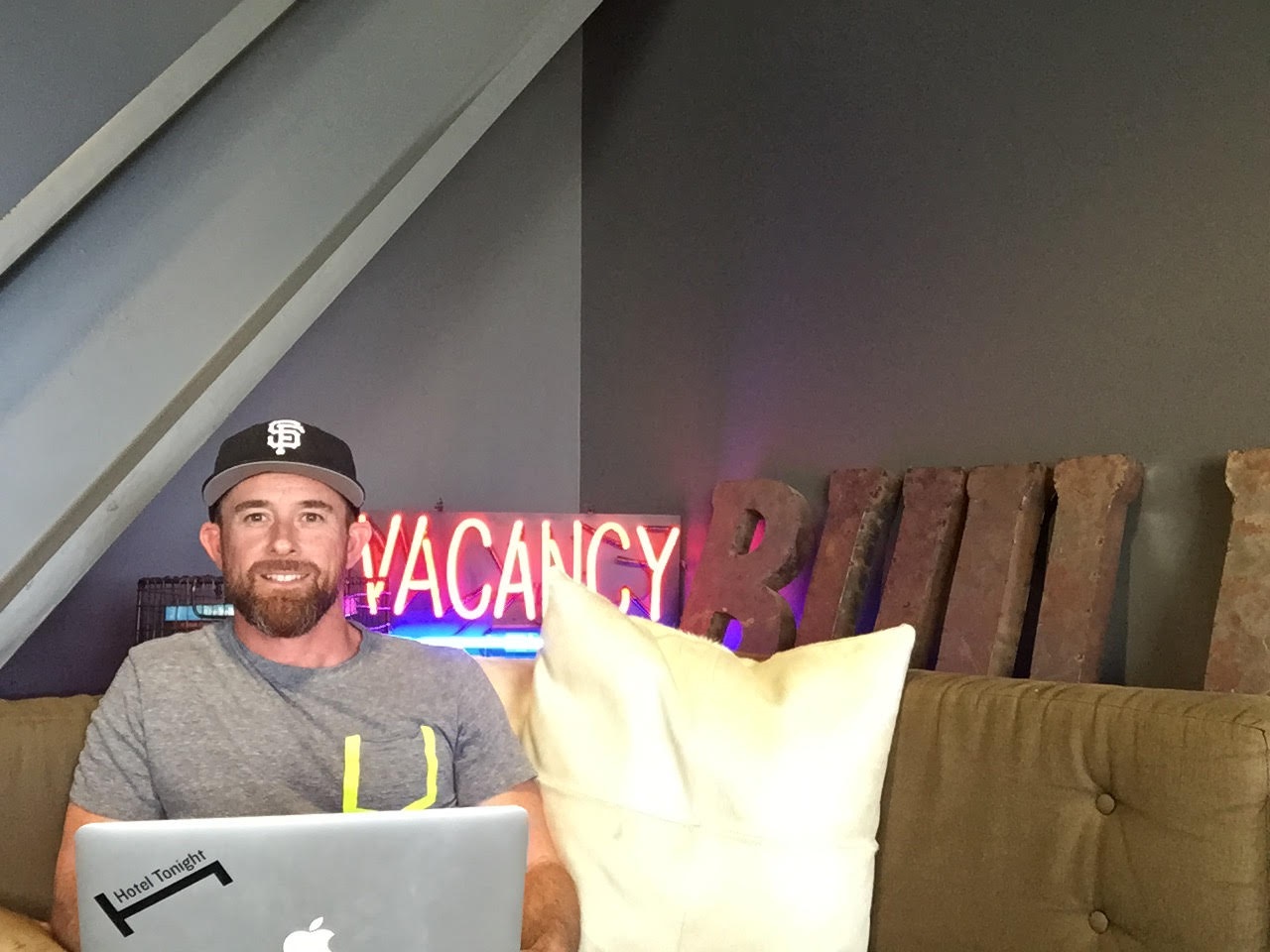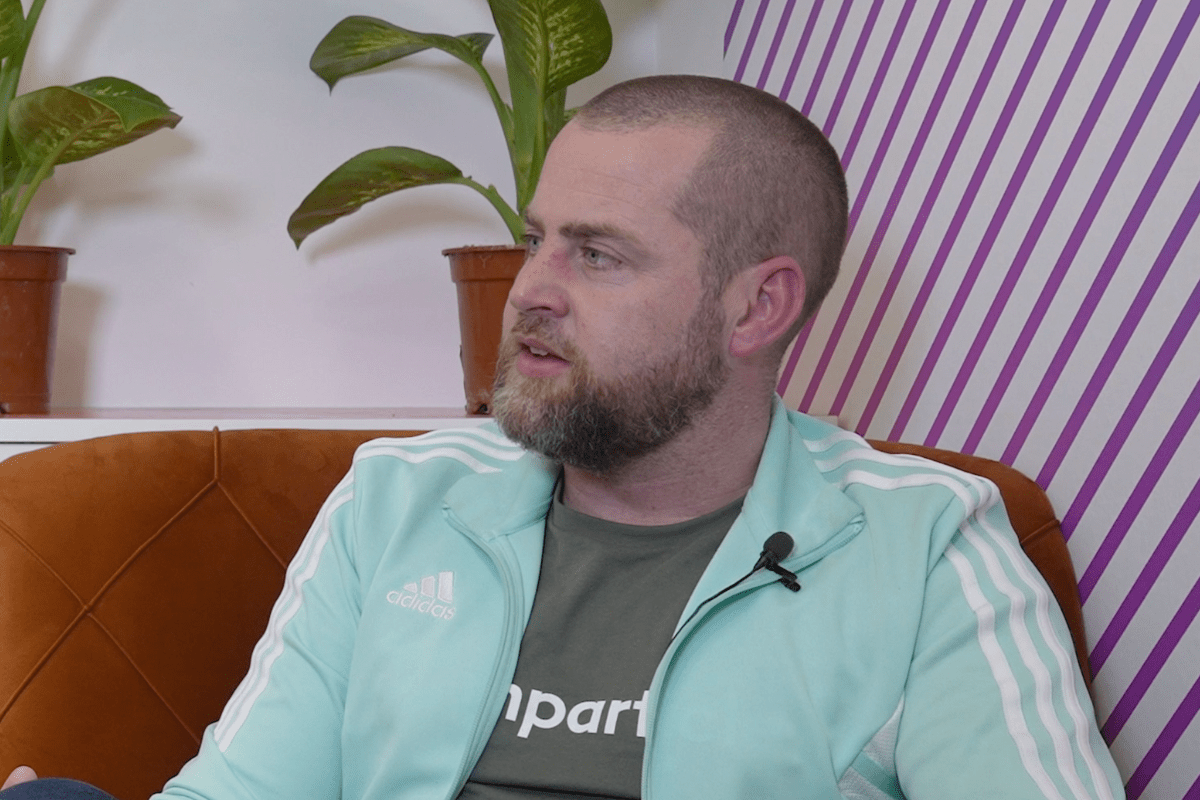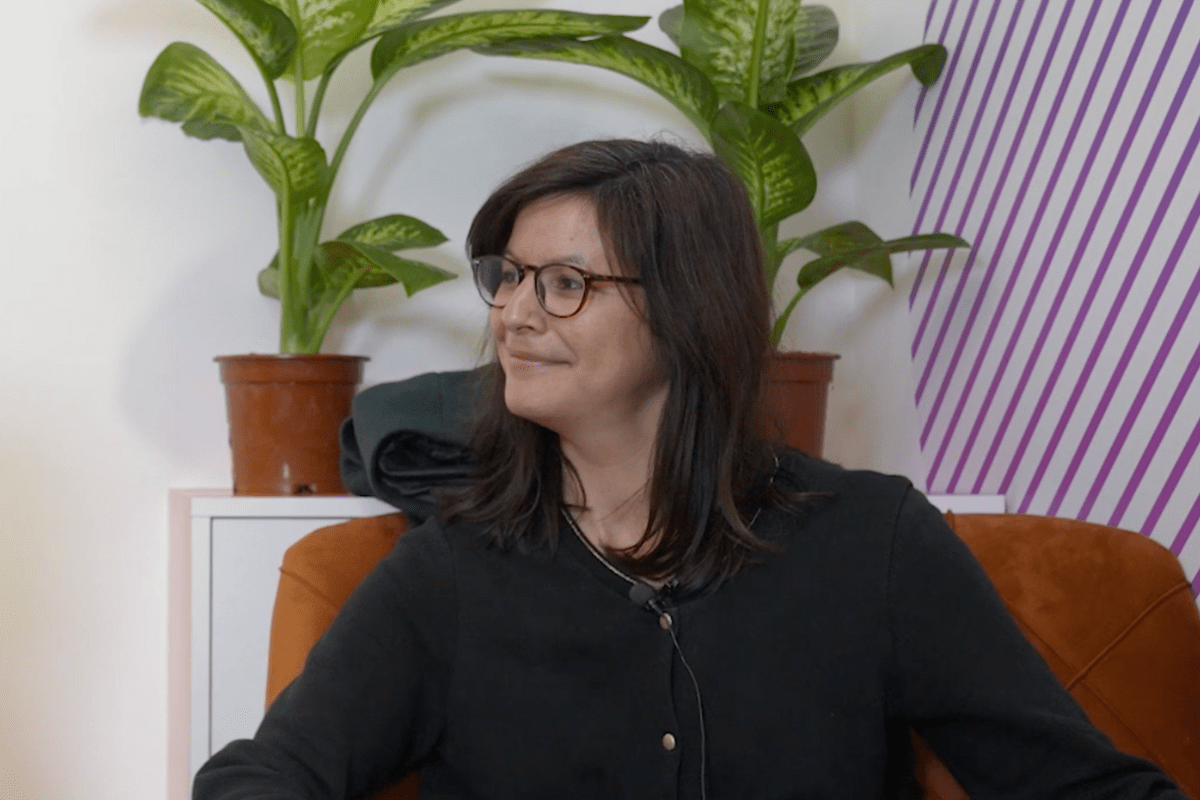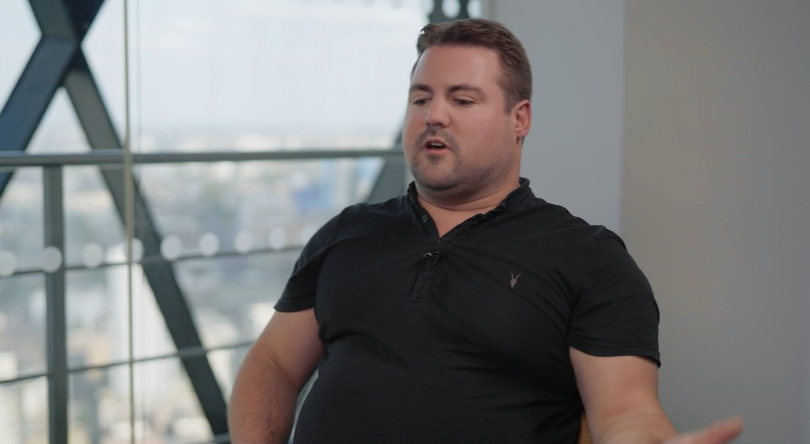Room service – HotelTonight CMO Ray Elias talks mobile
- Wednesday, June 20th, 2018
- Share this article:
David Murphy talks to HotelTonight CMO Ray Elias about the company’s mobile-centric approach to matching consumers and hotel rooms.
 If you wanted a name for a company that summed up exactly what it does, then HotelTonight is arguably just about as good as it gets. When the company launched in 2011, its mobile app matched distressed hotel room inventory with customers seeking a late deal to enable them to book a hotel for that evening, but only after 4pm, with HotelTonight making a commission on the booking. Seven years and 28m app downloads later, HotelTonight is in more than 1,700 cities in 35 countries, employing 275 employees across six offices, but CMO Ray Elias says the company has, for the most part, stayed true its original mission.
If you wanted a name for a company that summed up exactly what it does, then HotelTonight is arguably just about as good as it gets. When the company launched in 2011, its mobile app matched distressed hotel room inventory with customers seeking a late deal to enable them to book a hotel for that evening, but only after 4pm, with HotelTonight making a commission on the booking. Seven years and 28m app downloads later, HotelTonight is in more than 1,700 cities in 35 countries, employing 275 employees across six offices, but CMO Ray Elias says the company has, for the most part, stayed true its original mission.
“Hotels get cheaper the closer you get to stay date, so that’s a market dynamic we have been able to capitalise on quite well,” he says. “We have done a good job of educating consumers that that’s the way it works and we have also kept our focus on hotels. We are in the best and most profitable aspect of travel, so we are going to stay focused on it. It’s so easy for consumers to access the other services such as flights and cars, so we don’t see a need to play in that space.”
That said, the rules have been relaxed a little over the years on that very tight booking window. 4pm the same day moved to any time the same day, then out further to seven days, and then last August, the booking window opened out more dramatically to 100 days. Elias insists, however, that the changes have all been driven by the company’s customers.
“It’s our customers who have asked for this more expansive booking window,” he says. “They were asking us to be more available. ‘Last-minute’ is a relative concept. For some it’s the same day, for others it could be a few days or even a few weeks.”
And while HotelTonight remains primarily a last-minute booking platform, Elias says that since the extended booking window launched in 80 markets last year, the company is seeing 26 per cent month-on-month growth in extended bookings. It’s also having an impact in other ways too.
“In addition to booking further out, it also provides an opportunity to book a longer length of stay and also to watch prices,” he said. “Previously, you couldn’t see our inventory or book beyond seven days out. Now we have brought in features that allow you to watch specific hotels and prices. This is a pretty powerful feature and we are seeing good growth around it. We are also seeing people spending time in the app, wanderlusting, looking at the different markets and the hotels available; it’s a fun experience.
“It doesn’t mean we don’t have the challenge of competing with other types of apps, but I think we execute very well in our customer communications. With notifications, we try to limit them to things that are timely and relevant and things our customers have asked for. And on social media, we don’t focus on trying to get a booking. It’s really all about telling stories and driving a narrative through snack-sized travel stories that get people inspired to open the app and look. Just as we were born in mobile, our marketing has been born in social, not as a bolt on after the fact, but as a core competency.”
Competitive space
Over the past few years, the online travel space has become incredibly competitive. As Elias notes: “It’s the largest eCommerce category in the world so there is plenty of room for a lot of players.” HotelTonight’s point of difference is centred on three pillars: value, simplicity and brand.
On value, Elias says: “We typically have the absolute best value – the absolute best inventory at the lowest price – and we work very hard on that.”
On simplicity: “Being a mobile-only product, we can’t afford to build an experience that looks like an old school desktop website, so things need to be simple and intuitive. So when someone searches for a hotel, we don’t provide 100 options, and ask the customer to figure it out for themselves. They see 15 options that are tailored to them, and the more they use the product, the better it gets. When you’re making decisions on the fly, nothing knocks the serendipity out of it more than getting too many options, most of which are not appealing to you.”
In fact, HotelTonight’s proud claim is that it has the easiest and fastest booking process of any hotel-booking app, enabling a user to book an app with three taps and a swipe in less than 10 seconds.
Finally, on brand, Elias says: “This space is full of utilitarian brands that are very well known and successful, but that don’t have the most dynamic brand personalities. We try to set ourselves apart as being the brand in the know, with the local knowledge, accessible but candid, that’s our tone of voice.
“The two major players in the OTA space, the Booking and Expedia groups, own just about every major player, so while they all present a different user experience, their hotel database on the back end is the same, but people don’t realise this. We are the largest independent player in the space and it’s a great position to be in.”
Not that it’s all about hotels. As has been written many times before, the biggest accommodation provider in the world today doesn’t own a single room of its own – Airbnb. I wonder how much of an additional competitive threat Airbnb presents.
“From an industry perspective, Airbnb is a disruptor of course,” says Elias. “But from a HotelTonight perspective, we have a see people using us in complementary ways. People booking a hotel experience on HotelTonight are looking for a different experience altogether from Airbnb. Our customers love the hotel experience and the amenities. It’s very different from booking an apartment so we see consumers using both services in different ways.”
Mobile-led approach
Back in 2011, HotelTonight’s mobile-led approach was a key point of difference, but now, Elias concedes, most OTAs (Online Travel Agents) have a mobile offering and tend to do mobile very well, so it’s much less of a point of difference than it once was, but no less central to HotelTonight’s business model despite that.
“Mobile is huge,” says Elias. “If people are not moving wholly to mobile then at the very least, it’s an important part of their discovery process. If you look at Millennials, they represent a huge demographic and half their hotel bookings are made on mobile devices. Nearly half the world is comfortable now doing all their travel planning and booking on mobile.
“One of the things that’s really cool about that is the ability we have to track and measure with so much precision, including the ability to measure offline activity, has given us a big competitive advantage.
“Because people are on their mobile devices, we can see where and when they are engaging with us, where they are physically located, what the engagement looks like, and all we do with that data is to create a better user experience and present content to the right people at the right time in the right place. We have a robust machine-learning platform tasked with personalising and curating hotel recommendations, and that’s a big differentiator for us.”
GDPR
The mention of data brings us nicely on to the GDPR. The General Data Protection Regulation came into force in Europe on 25 May and the pressure to be compliant by that deadline has seen many companies who deal in customer data scrambling to revise their privacy policies, secure or re-secure a positive opt-in from their customers, or in some cases, shut up shop in Europe because they feel compliance is not possible. So I wonder how much GDPR stress Elias and his team have been under of late.
“It hasn’t been an issue,” he says. “We don’t collect email addresses from anyone who has not booked with us so we don’t have any personal information on anyone unless they have booked a hotel room through us. Yes we have taken steps with our customers to verify everything, but in general terms, we have an incredibly engaged audience because they are our customers.”
So what next for the company? “The challenges remain the same; this is an incredibly competitive space,” says Elias. “If I think about the war chest I am competing against, billions of dollars, we are relatively well funded but I have to be incredibly clever and find things that set us apart.
“In terms of our ability to succeed, however, the sky’s the limit. Things are shifting dramatically from a social perspective; the way people travel these days, especially Millennials. It’s three-day weekends and people using HotelTonight to skip the commute. Half of bookings made by people now are within the same market, so half the bookings we see for hotels in San Francisco are made by people in San Francisco. It speaks to how people are spending their time: more and more frequent hotel bookings for shorter periods and a lot less planned, three-week summer vacations, so we are in a great position to continue to capitalise on that.”
















